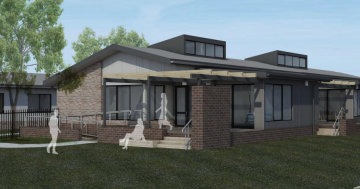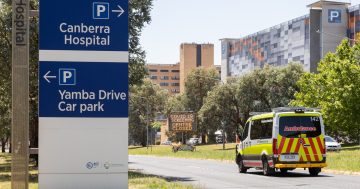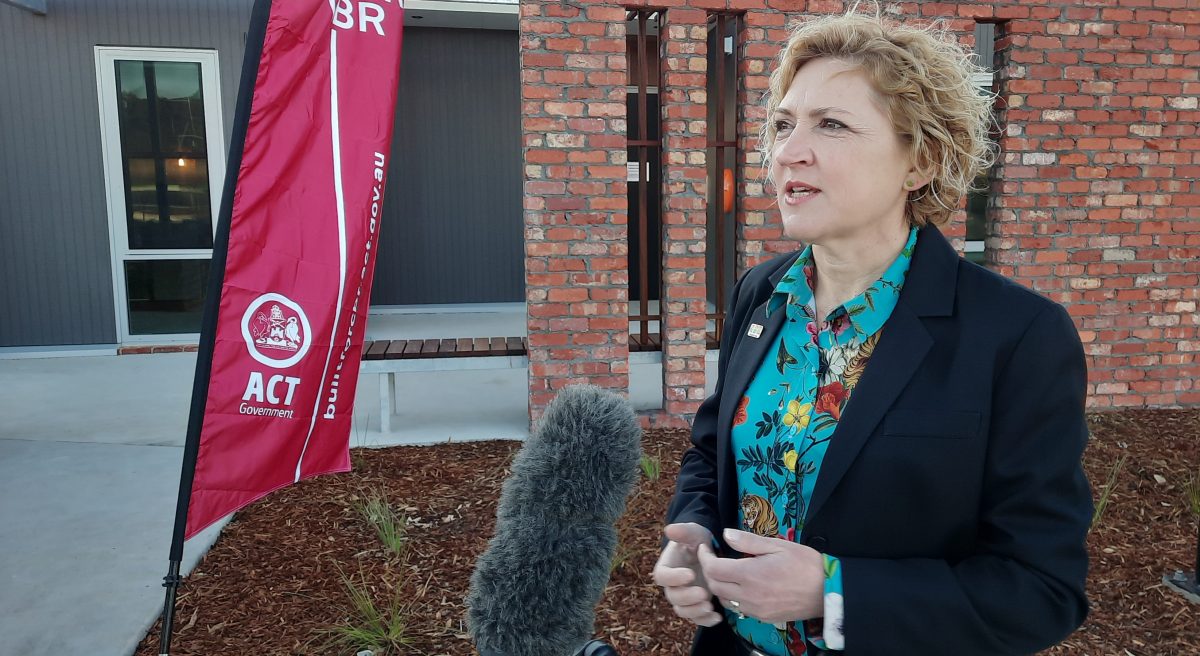
ACT Mental Health Minister Emma Davidson: “People with lived experience have been with us every step of the way.” Photos: Ian Bushnell.
A new Australia-first, publicly run Eating Disorders Residential Treatment Centre will take its first-day participants from next Tuesday, plugging a gap in treatment options for people in the Canberra region.
The just-completed $13.5 million centre in Coombs, the first government-owned and operated facility of its kind in Australia, will provide multi-disciplinary care for people aged 16 and over in a home-like environment where they can reestablish a healthy relationship with food.
ACT Mental Health Minister Emma Davidson said up to 12 residents would stay at the 24/7 centre for up to three months with access to dietitians, social workers, psychologists, occupational therapists, and art and music therapists.
The first residents were already booked in and will move in next month.
Ms Davidson said the clinic would complement the other eating disorder services in the Canberra region, including the Eating Disorders Clinical Hub and the early intervention service.
“Every detail of what we’ve built here has been very carefully thought through,” she said.
“People with lived experience have been with us every step of the way. They’ve been involved not just in the physical space but also in the model of care and how this is going to fit in with all of our other eating disorder services here in the ACT.
“That’s really important to make sure that we’re listening to the voices of people who have experience in receiving care.”
She said it was not a facility for acute care such as medical stabilisation or feed tubing, although that was offered elsewhere in the ACT.
“We do know, however, that there are quite a significant number of people who are medically stable but really need to do some intensive residential, therapeutic care on their journey to recovery and this is a model of care that will really work for that,” Ms Davidson said.
But she was looking at other kinds of treatment, such as integrated inpatient eating disorder treatment in places like New Zealand and the UK, where acute and therapeutic care can be delivered at the same time.
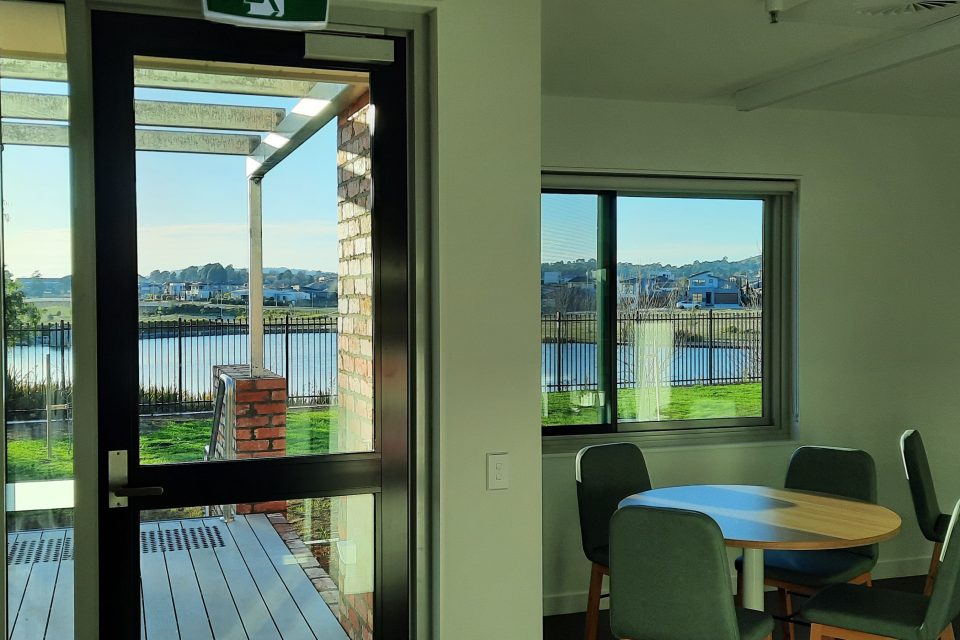
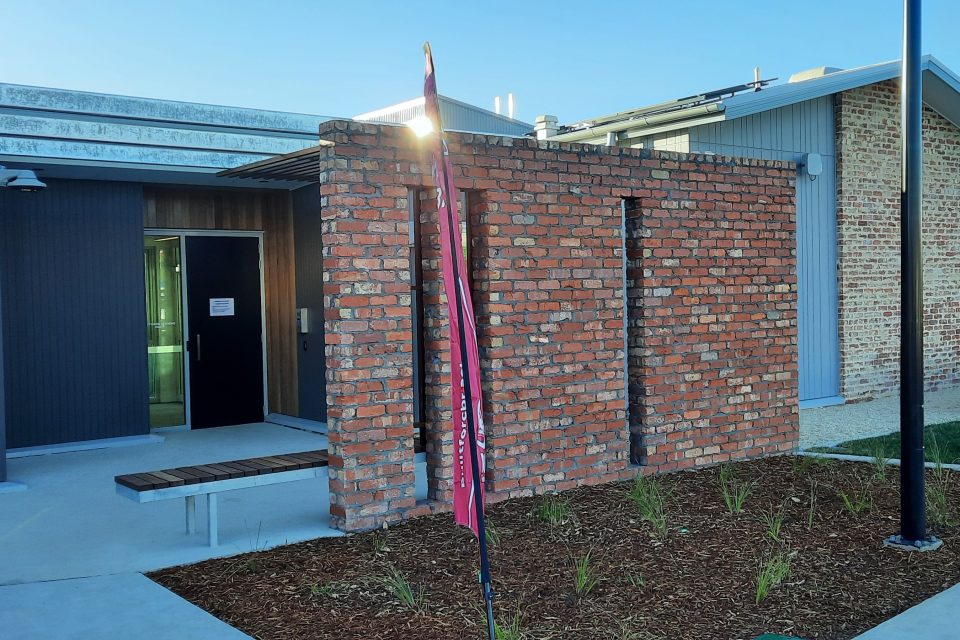
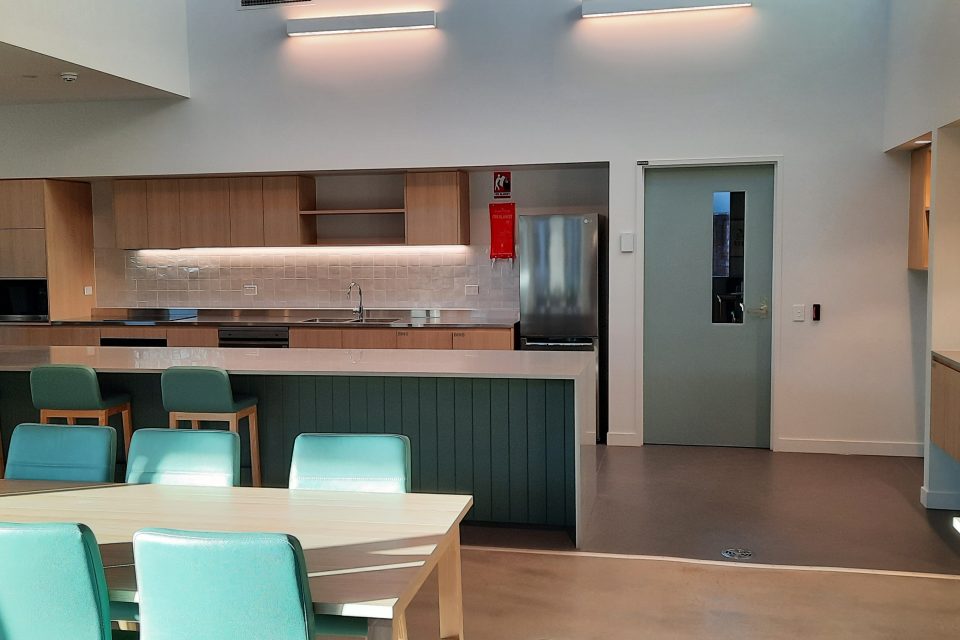
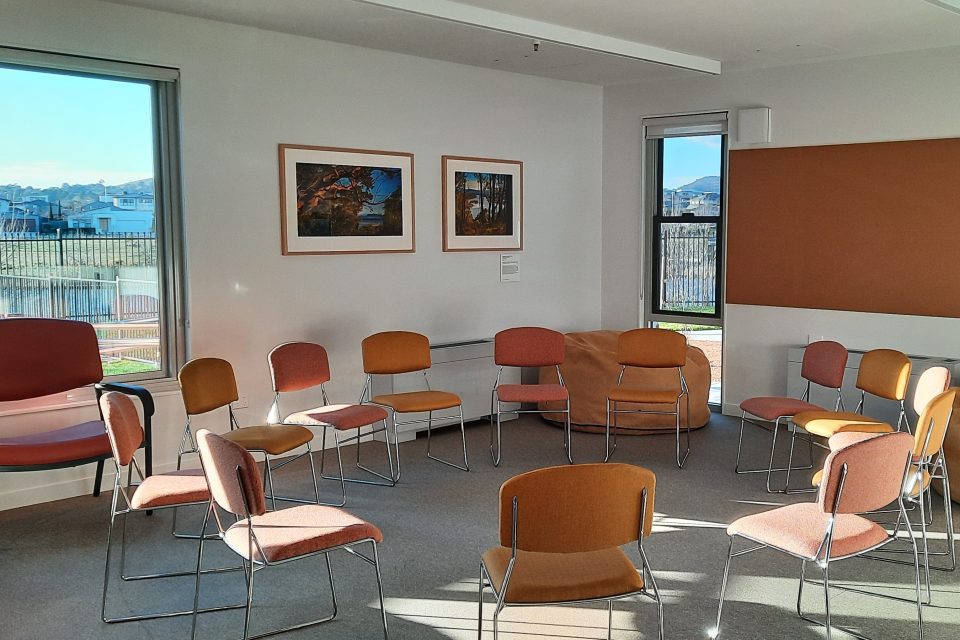
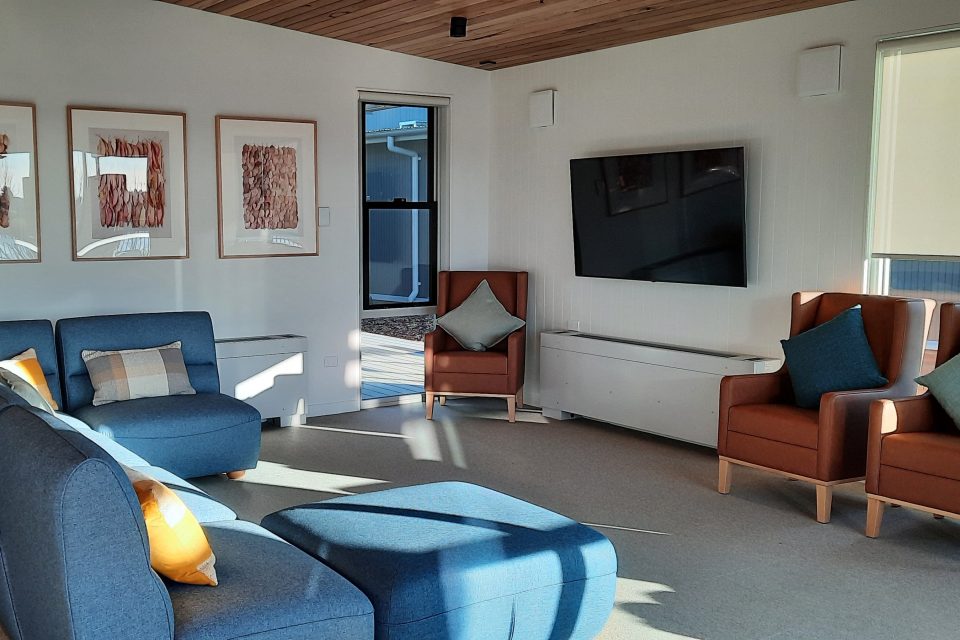
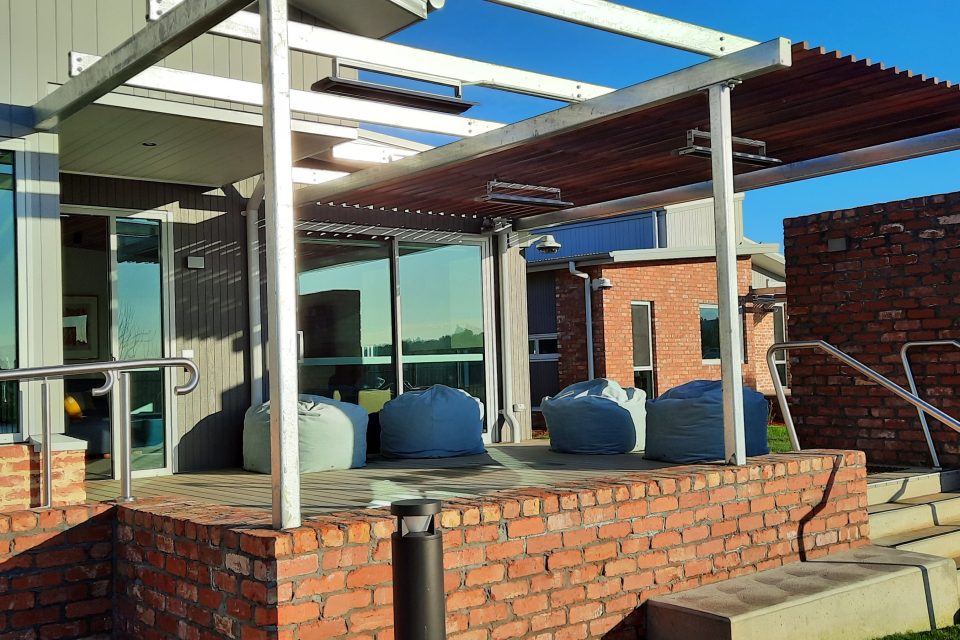
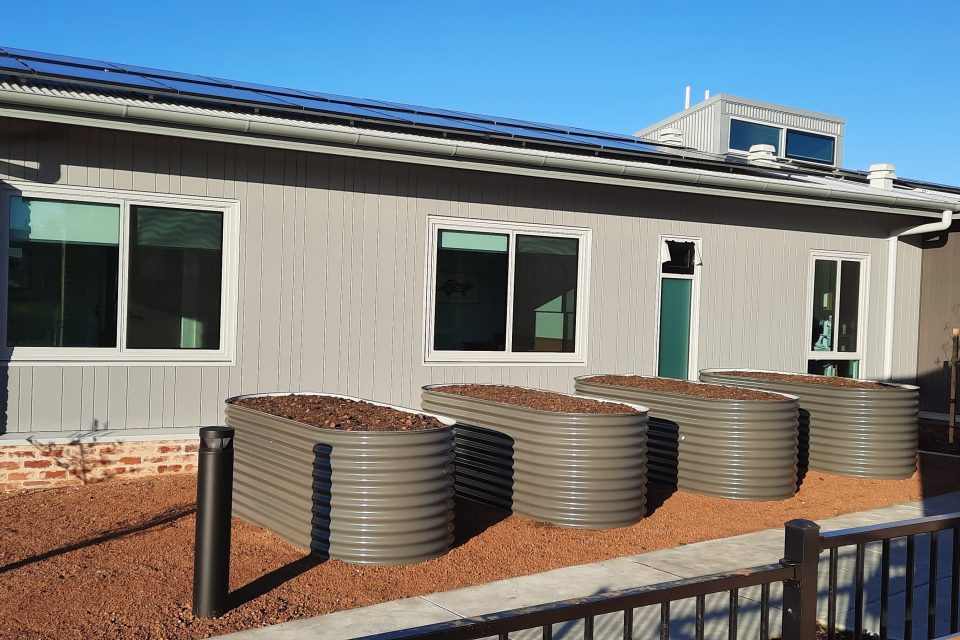
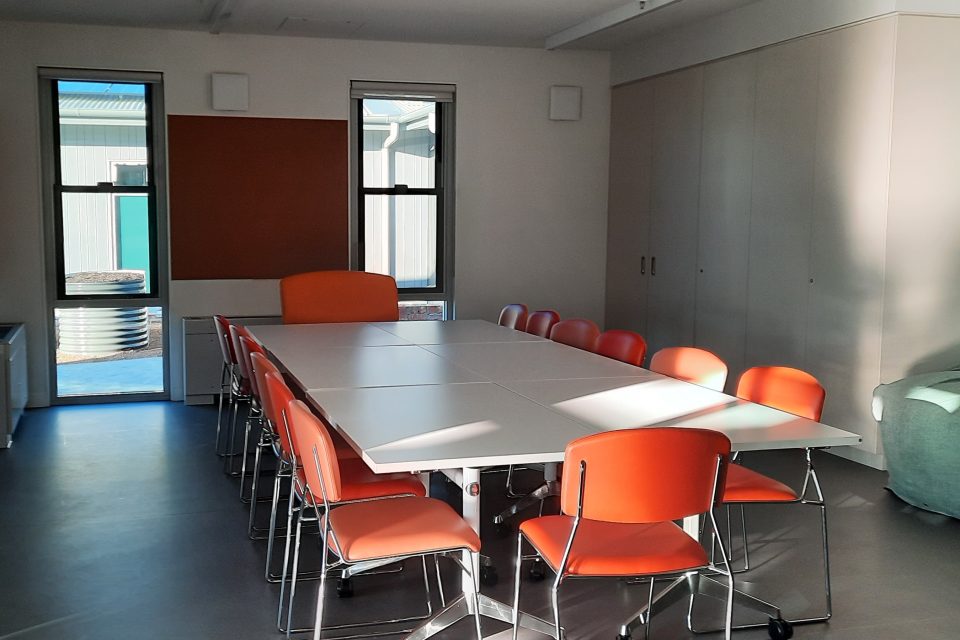
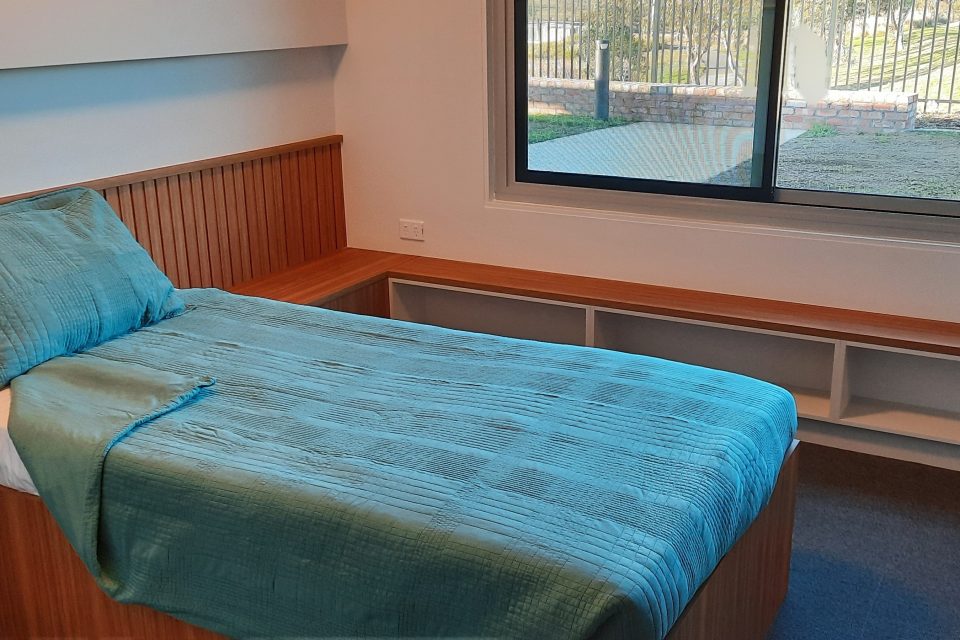
Ms Davidson said care for people younger than 16 could be quite different and usually dealt with at early intervention.
“By the time someone reaches the point where they might need residential treatment, they would have been experiencing an eating disorder for a period of time already,” she said.
Acting Child and Adolescent Mental Health Service Director Sarah Touhy said the centre would focus on anorexia nervosa, bulimia and binge eating.
Patients would preferably stay before hospital admission, but there would also be those coming from hospital and transitioning back to home.
Ms Touhy said a typical day would be filled with different therapies, as well as a cooking and gardening program.
“It’s creating a whole new relationship with food and wellbeing and more of a holistic approach to recovery,” she said.
Patients would have individual recovery plans with different levels of autonomy and independence, but it was a voluntary service, and they could leave whenever they wanted.
Ms Touhy said pre-admission clinics had been running for the last few weeks and some patients had already been identified through the current eating disorders program.
They would be admitted in a staged approach from 2 September.
ACT Director at Eating Disorder Families Australia David Quilty said the completion of the Residential Treatment Centre would be warmly welcomed by the families and carers of loved ones with eating disorders.
“EDFA looks forward to families and carers being active participants in the vital role of the Residential Treatment Facility and to continue providing our counselling, education and support services to the broader Canberra community,” he said.
It is believed 1.1 million Australians suffer from an eating disorder. The Commonwealth paid for the centre’s construction.














